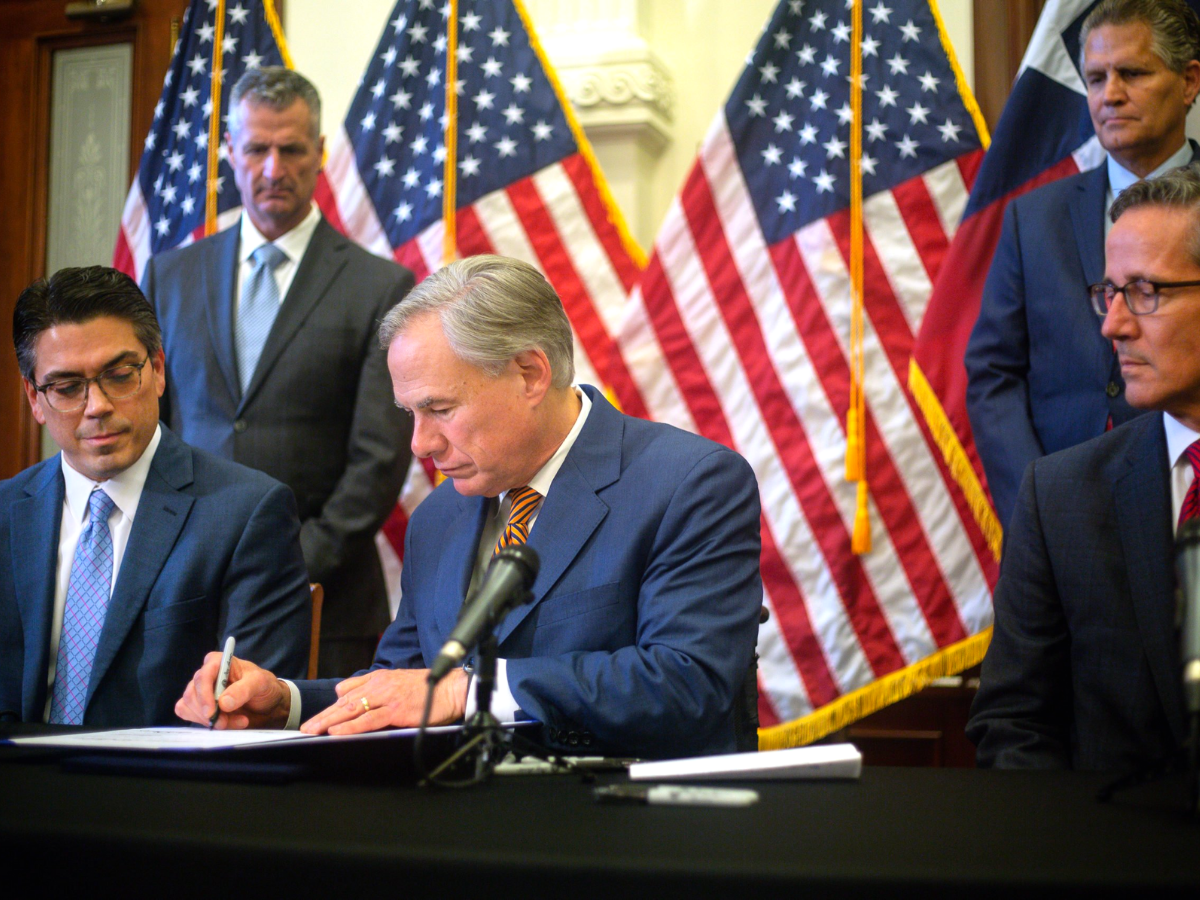The law, passed as House Bill 20, prohibits banning, restricting, or demonetising any specific, extreme viewpoints. There has been debate over the extent to which social media companies should be regulating the content circulating on their platforms, and with Texas being one of the first states to pass such a law, the move has drawn both positive and negative responses from different political groups. The decision comes shortly after Florida’s decision to rule against social media platforms banning political candidates.
What does the law enforce?
Essentially, the bill puts into effect the rule that social media companies shouldn’t be allowed to censor or ban accounts that voice certain viewpoints. It also requires these companies to officially disclose their policies in regard to the promotion, moderation and monetisation of content – essentially requiring a transparency report.
The new law is applicable to any platform that has over 50 million users, bringing companies like Facebook, YouTube and Twitter under the microscope. It also requires such companies to incorporate an appeals process into their system, as well as remove any illegal content within the next 48 hours. Users will therefore be able to sue companies if they feel that they have been wrongfully removed from the platform, and would like to get their accounts reinstated.
Company response and their alleged filter bubbles
Governor Abbott has backed the decision under the pretence of protecting free speech, however, it also seems to be a move that politicises social media platforms. Republicans have, for a long time, argued that companies are quick to censor or remove strongly conservative views, hence creating a certain political atmosphere online that plays against their agenda. This also stemmed from the banning of President Trump after the Capitol attacks in January.
Until now, any social media company that has come under fire for censoring certain viewpoints has denied any allegations. Although there have been questions about these technology giants and their algorithms, it is evident that senior politicians have felt like they have had to take on the responsibility of intervening in the technological world.
Abbott’s decision is perhaps an attempt to better intertwine those who hold strongly conservative views with those who are moderate or liberal, and can therefore better comprehend the ‘other side’ of politics. Several researchers have in fact proved that platforms encourage like-minded citizens to interact with those who support the same causes as them, creating a social media bubble for politically alike users. Echo chambers have been particularly controversial in that they have not only fuelled the development of extremist views as people interact less with a diversity of opinions, but have also allowed for the circulation of misinformation.
The findings of some academics l suggest that echo chambers act as a tool to enforce group polarisation, and the more someone is involved in an echo chamber, the more negative their approach will be toward politics. What is also interesting is that data from The Brookings Institution shows that around 33% of the American population feel like they do not encounter a diversity of opinion and information on their social media feeds.
Others have corroborated that people who are integrated into these echo chambers seem to be less respectful towards ‘diverse’ viewpoint holders, thereby fuelling the hostile nature of polarisation in America. The inherent problem, therefore, seems to lie within the companies and their algorithms rather than their occasional banning of extremist account holders.
Practical implications
Political polarisation in America has become an increasingly important topic of conversation as analysts try to understand the political patterns across the country. A law that tries to fight for directly opposing viewpoints being circulated on the same platform is perhaps a move in the right direction; the presence of ‘filter bubbles’ on social media has been a huge controversy in light of the recent outcomes of presidential and midterm elections. It is no doubt that America takes its free speech issues seriously, and so a move like this is essentially advocating for what lies in the roots of the Constitution.
Nevertheless, whether or not the government should be involved in the operation of technology and social media platforms is still a debate amongst citizens in the USA; critics have argued that the law does not respect the constitutional right of private businesses to determine what content should be permitted on their platforms. While it is largely considered a ‘Republican move’ against the censorship of conservative content, the Democrats are also pushing for social media regulation in other ways. There are questions surrounding whether such a move might fuel misinformation and hate speech, however, Abbott’s intention behind it seems to be that these platforms ‘are a place for healthy public debate where information should be able to flow freely’.
About the Author: Nandini Mehta
Nandini Mehta is a contributing Features Writer focusing on the development of technology and business practices around the world. Nandini has an in-depth knowledge of politics and international relations, and so writes pieces that utilise her interest for current affairs.
Recommended for you

Antidepressant Prescribing at Six-Year High
More people are taking antidepressants than ever. Is this a dark sign of the times or an indication that mental health stigma is changing?

Can AI be Used to Determine Cancer Recurrence?
When cancer patients go into remission, they often worry about it coming back. AI can now help identify those at risk of cancer recurrence.

Pegasus – Still a Threat to the UK?
The notorious Pegasus spyware has been misused to exploit vulnerabilities in devices, even those kept within the walls of Number 10.
Trending

Drug Decriminalisation: Could the UK Follow Portugal?
Portugal’s drug decriminalisation has reduced drug deaths and made people feel safe seeking support. Would the UK ever follow suit?

Calling All Unvaccinated UK Adults
With Covid cases rising, the NHS is urging the 3 million UK adults who remain unvaccinated to come forward.




